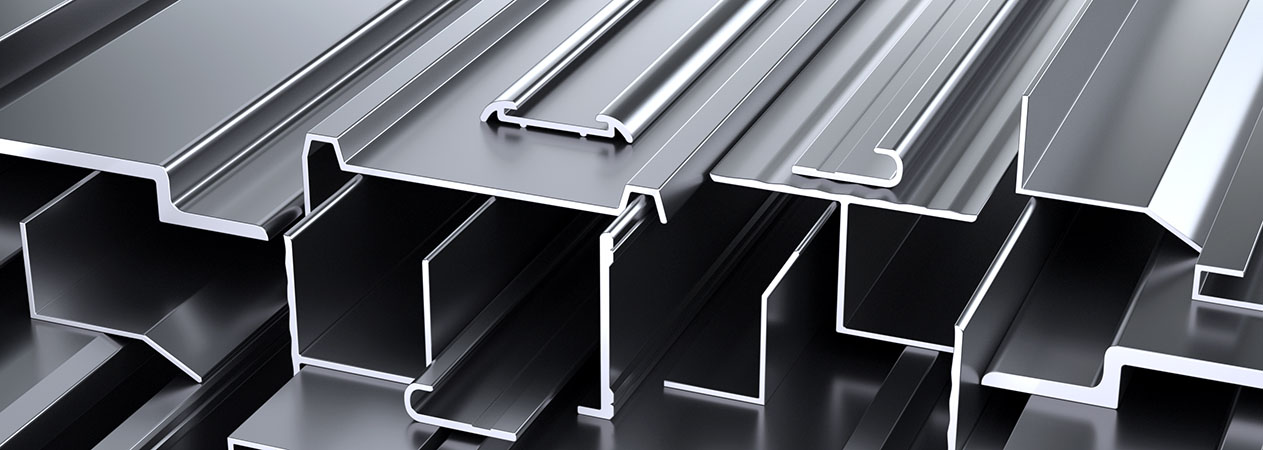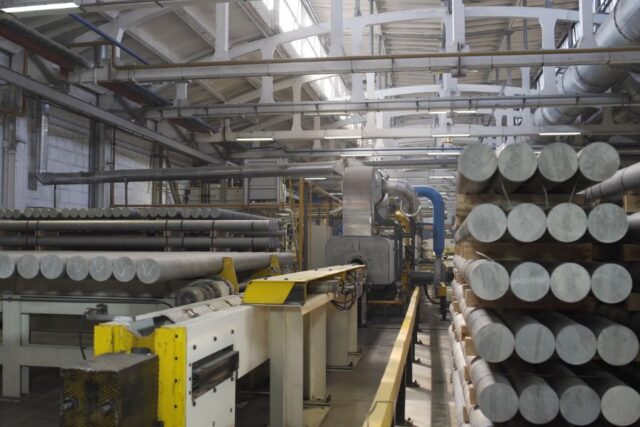Truck trailer extrusions are an important factor when it comes to transporting goods safely and securely. From light-duty consumer vehicles to heavy-duty commercial applications, they provide durability and reliability for a wide range of needs.
This guide will delve into the details of truck trailer extrusions, discussing their advantages, design considerations, installation techniques, and more. Whether youre looking for a new solution or just want to learn more about this versatile product category, you’ll find the information here invaluable.
Get ready to explore what truck trailer extrusions have to offer – dive in!
Types of Truck Trailer Extrusions

When it comes to truck trailer extrusions, there are many different types available. One of the most common is aluminum extrusions, which provide lightweight durability, and strength.
Others include steel extrusions for more heavy-duty applications, as well as plastic and composite materials for those looking for corrosion resistance or other specialized properties. Each type offers unique benefits depending on the application in question.
Aluminum extrusion profiles are a popular option due to their lightweight and good thermal conductivity, making them suitable for use in refrigerated trailers. They also come with a variety of finishes to match any desired aesthetic look or color scheme.
Steel extrusions offer greater strength but can be heavier than aluminum options; they’re often used when the increased load capacity is required from the frame and structure of a trailer. Plastic and composite materials don’t have the same level of strength as metal ones but provide excellent corrosion resistance against harsh weather conditions like saltwater exposure while still being lightweight enough to extend fuel efficiency levels on long hauls. Each type of truck trailer extrusion has its particular advantages depending on what you need out of your vehicle’s frame or body components – whether that means extra payload capacity or better protection from environmental factors such as water damage or rusting over time – so it’s important to do your research before deciding which one is right for you!
Design Considerations for Truck Trailer Extrusions

Design considerations for truck trailer extrusions are essential in ensuring the best possible performance of a truck trailer. Depending on the application, different materials and design elements can be used to maximize efficiency and durability.
For example, aluminum is light yet strong, making it an ideal material for extrusion profiles that require lightweight but structural integrity. In addition to choosing the right material for your extrusions, knowing what type of profile you need is important too; whether you require single-channel or multi-channel designs will impact how much weight they can carry and how long they last.
Other factors such as wall thickness and shape also play a role in determining which extrusion will work best for your needs. Finally, selecting surface treatments such as powder coating or galvanizing can protect against corrosion over time while still offering aesthetic appeal.
With thoughtful consideration given to each element of design, it’s possible to create custom extrusions that meet any specific requirements while providing superior performance in any environment.
Manufacturing Processes for Truck Trailer Extrusions

Manufacturing processes for truck trailer extrusions have become increasingly sophisticated over the years. Many of these advancements can be credited to manufacturers using innovative technology, advanced techniques, and quality materials to produce high-performance products.
The extrusion process is often used for producing complex shapes that are difficult to create through other means. It involves pushing a heated material (such as aluminum or steel) through a die with an opening adapted to give it the desired shape.
Along with providing superior strength and durability, this method offers cost savings when compared with traditional metal fabrication processes such as machining or welding. To achieve optimal results while manufacturing truck trailer extrusions, manufacturers must take into consideration several factors including raw material selection and preparation, temperature control during production, cooling rate after extrusion, tool design, and maintenance procedures.
Raw materials must be chosen carefully as they will impact the properties of the finished product; selecting ones that are too soft or hard may lead to cracking or splitting during production. Temperature control is also important because if temperatures fall below certain levels then defects can occur due to poor bonding between molecules in the raw material which affects its thermal stability.
Additionally, cooling rates should be selected based on thickness so that parts do not warp during the cooling down period while still avoiding any unnecessary delays in production time due to slow cooling speeds associated with thick sections of extrusions. Finally, tools need regular maintenance for them to remain accurate and precise throughout their lifetime thus ensuring consistent output from one batch of extrusions to another.
Installation and Maintenance Requirements for Truck Trailer Extrusions

Installing and maintaining truck trailer extrusions can be a complex process. To ensure that the installation is done properly, it is important to adhere to certain guidelines and requirements.
First, before beginning any work on the extrusion, an evaluation should be made of its condition to check for any irregularities or damage that may have occurred in transit. This will help prevent further damage during the installation process.
Once the inspection has been completed, all necessary tools and materials should be gathered ahead of time to ensure efficiency while working with these components. Next, if welding or gluing is required for assembly purposes, then those processes must also follow specific steps as outlined by industry standards for safety reasons.
Depending upon the type of extrusion being installed, additional support materials such as gaskets or clamps may also need to be purchased separately from the extrusions themselves to achieve a secure fit during the final assembly stages. Finally, once everything has been put into place correctly it’s important not only to double-check all connections but also regularly inspect them over time to identify potential issues early on so they don’t become larger problems down the line.
Conclusion
The use of truck trailer aluminum extrusions has been a great benefit to the transportation industry, providing increased strength and durability for trailers. Truck trailer extrusions are made from aluminum, making them lightweight yet strong enough to withstand heavy loads.
They also offer excellent corrosion resistance and can be used in a variety of climates. With its easy installation process, truck trailer extrusions can provide an effective solution for any application requiring high-quality materials with maximum strength and resilience.
Aluminum extrusion is one way to ensure that your truck trailer will meet all of your expectations when it comes to transporting cargo safely and securely across long distances.







